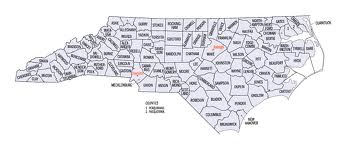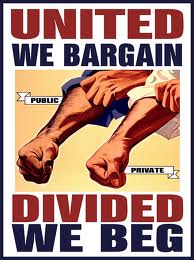
The GOP didn’t do so well at the national level in the 2012 elections. However, here in North Carolina, the GOP cleaned house. Not only did North Carolina break for Romney, the only battle ground state to do so, but they elected a republican governor for the first time in 20 years. In fact, including this current governor, there have been only 3 republicans in the mansion since 1901, well over 100 years.
Further, the GOP extended their majority in both the state house and senate. Those majorities are now so wide that the republicans can propose and send to the ballot box amendments to the constitution without a single democrat voting with them.
I don’t think that such dominance is healthy, either way – democrat or republican. So it isn’t a surprise that one of the first things on the agenda is tax reform:
RALEIGH — Republican lawmakers outlined a proposal Wednesday to revamp the state’s tax system, offering a slew of reforms that would radically shift the tax burden in North Carolina.
The proposal would eliminate personal and corporate income taxes in exchange for higher state sales taxes levied against groceries, medical expenses and other currently tax-free services.
I suspect that this is going to go over like a lead balloon. So it shouldn’t be a surprise that opposition is already forming:
The N.C. Budget Center, a liberal think tank, conducted a simulation analysis that suggested more than half of taxpayers, particularly the middle and lower class, would see their overall tax burden rise, while the most wealthy would get a significant cut.
Now, I’m not as familiar with the state numbers as I am the familiar national numbers as they pertain to who pays and who doesn’t pay state income tax. And while I am sympathetic to the argument that an increased sales tax would hit the lower and middle class harder, I am not as sympathetic to an argument that takes a citizen from paying no tax to having some burden to the state.
With that said, I do agree with “Friend of Tarheel” Dave Ribar when he claims:
But critics caution that the proposals represent a fundamental change in who pays the state’s tax burden, and economists said that low-income people would feel the brunt. “For this particular proposal, the responsibility would shift from rich households and prosperous corporations to poor households and smaller businesses,” Dave Ribar, a professor at UNC-Greensboro, concluded in his analysis of the proposal.
North Carolina funds its budget through various taxes working in balance. While we have high income taxes and corporate taxes, we have a lower sales tax combined with a very inexpensive tax on housing. Further, our gasoline tax is high compared to our region.
So, while I get the republican’s desire to change the income tax and corporate tax scheme, I’m afraid that they aren’t going to take the whole picture into account and maybe, just maybe, make the whole thing worse.
Here are the details released so far:
It costs roughly $12 billion to eliminate the corporate and personal income taxes and business franchise taxes, as the GOP proposes. The money accounts for more than half the state’s $20 billion annual budget.
Proposed tax hikes
To offset the cuts, Senate Republicans are considering:
• Eliminating all 318 existing tax breaks in the state’s tax code, which account for $9 billion in revenue. The breaks cover everything from motor vehicle taxes to prescription drugs and insulin to sales taxes paid by nonprofits.
• Generating $12.9 billion in new revenue by increasing the 6.75 percent combined sales tax rate levied in most of the state to an 8.05 percent combined state and local tax rate.
The higher rate would apply to all goods and services – including those currently exempt from taxes, such as lottery tickets, haircuts, dentist visits, housekeeping and lawyers’ fees.
One major increase would be the sales tax on groceries. It currently sits at 2 percent but would increase to 8 percent.
Together, the sale tax changes would provide $12.9 billion.
• Levying a 1.05 percent tax on businesses, indexed to either net worth or gross receipts. Republicans are calling this a “license fee” that would produce $4 billion.
• Increasing the tax on all commercial and residential real estate sales, from the current 0.2 percent rate to 1 percent, generating $400 million.
Expect much hand wringing to take place.










